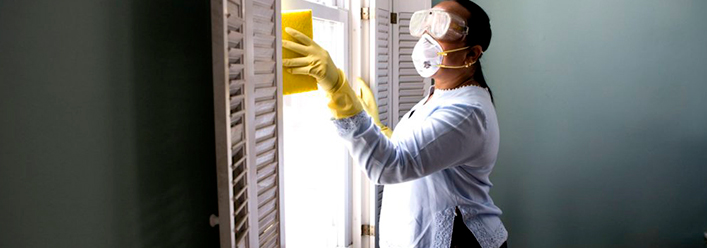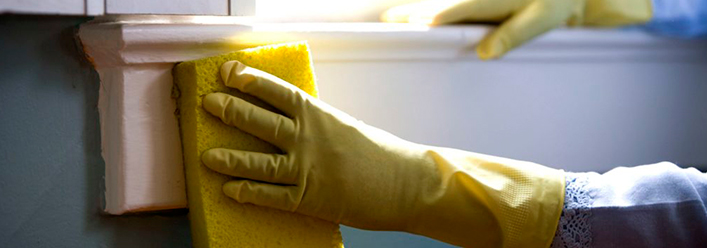OBSESSIVE-COMPULSIVE PERSONALITY DISORDER
GENERAL INFORMATION
People with Obsessive-Compulsive Personality disorder are very attached to the rules and seek to fulfill them rigorously. Their meticulous behavior makes them rigid and susceptible to criticism from others, so they lose their individuality, staying mostly focused on the details and how things should be done.
They tend to be inflexible and perfectionists, which serves as a means to contain their impulses and protect themselves from them.
They do not dare deviate from absolute compliance because they fear that their anger will end up being out of control, and they fear exposing others to the resentment they truly feel.
They usually have a sad aspect, although in reality it is an austerity and seriousness that characterizes them. Affectivity is restricted to the rigorous rules that must be followed and to a marked control of the emotions that "must" be contained.
Perfectionism limits the ability to be creative and act with possible alternatives within a daily routine often interfering with their ability to make decisions and complete ordinary tasks. Social behavior can be defined as formal. They tend to relate to others based on hierarchy or status.
People with this disorder present difficulties around decision making, which becomes a long and often painful process; many do not start doing things at all for this reason. They tend to get angry if they are not able to maintain control. They usually express affection in a very controlled way and feel uncomfortable in the presence of emotionally expressive people.

FREQUENTLY ASKED QUESTIONS
What is the difference between Obsessive-Compulsive Disorder and Obsessive-Compulsive Personality Disorder?
The disorder of the obsessive-compulsive personality is related to a specific lifestyle, in which there is a rigidity and strictness around following the rules and respecting the laws and hierarchy. This rigidity is presented in multiple aspects that make up the daily life of the person and he or she seeks that all people adhere to the same rules. Beyond the attitude, people with this type of personality have an inner struggle to control their own impulses. In Obsessive-Compulsive Disorder there are certain ideas that become obsessions whereby the person loses the ability to let them go. Over time these ideas and actions become routines that the rest of the people around them perceive as absurd and that in reality do not fulfill a function beyond that of calming the person with the disorder.
At what age can the first symptoms of Obsessive-Compulsive Personality Disorder begin?
Symptoms usually occur from adolescence or adulthood more specifically, however, there are usually certain features evident during a younger age.
Does Obsessive-Compulsive Personality Disorder have a cure?
The treatment of personality disorders is complex, requiring multidisciplinary care so that the symptoms lose strength and, eventually, stop appearing, altogether.
How can Obsessive-Compulsive Personality Disorder develop?
It can develop in childhood from the chaotic interactions that may be present in the family system. It is important to remember that in psychiatric disorders the genetic component is always important.
Can a people with Obsessive-Compulsive Personality Disorders live their lives normally? Even when the disorder generates certain complications, if treated by mental health specialists, people can develop a normal life.
OUR TREATMENT MODEL
CADE offers a multidisciplinary treatment according to the characteristics and needs of the patient that is based on the patient´s diagnosis and an individual intervention plan.
A psychological or psychiatric disorder generally has a genetic or biological origin detonated by difficult and early or current traumatic experiences that lead the individual to become ill. Therefore, the clinical intervention in these disorders necessitates the multidisciplinary work of psychiatry, psychology, medicine, nutrition and complementary therapies. The treatment can be outpatient, inpatient or semi-inpatient based.



 +52 (33) 12 04 03 43
+52 (33) 12 04 03 43 +52 (33) 14 85 14 85
+52 (33) 14 85 14 85


